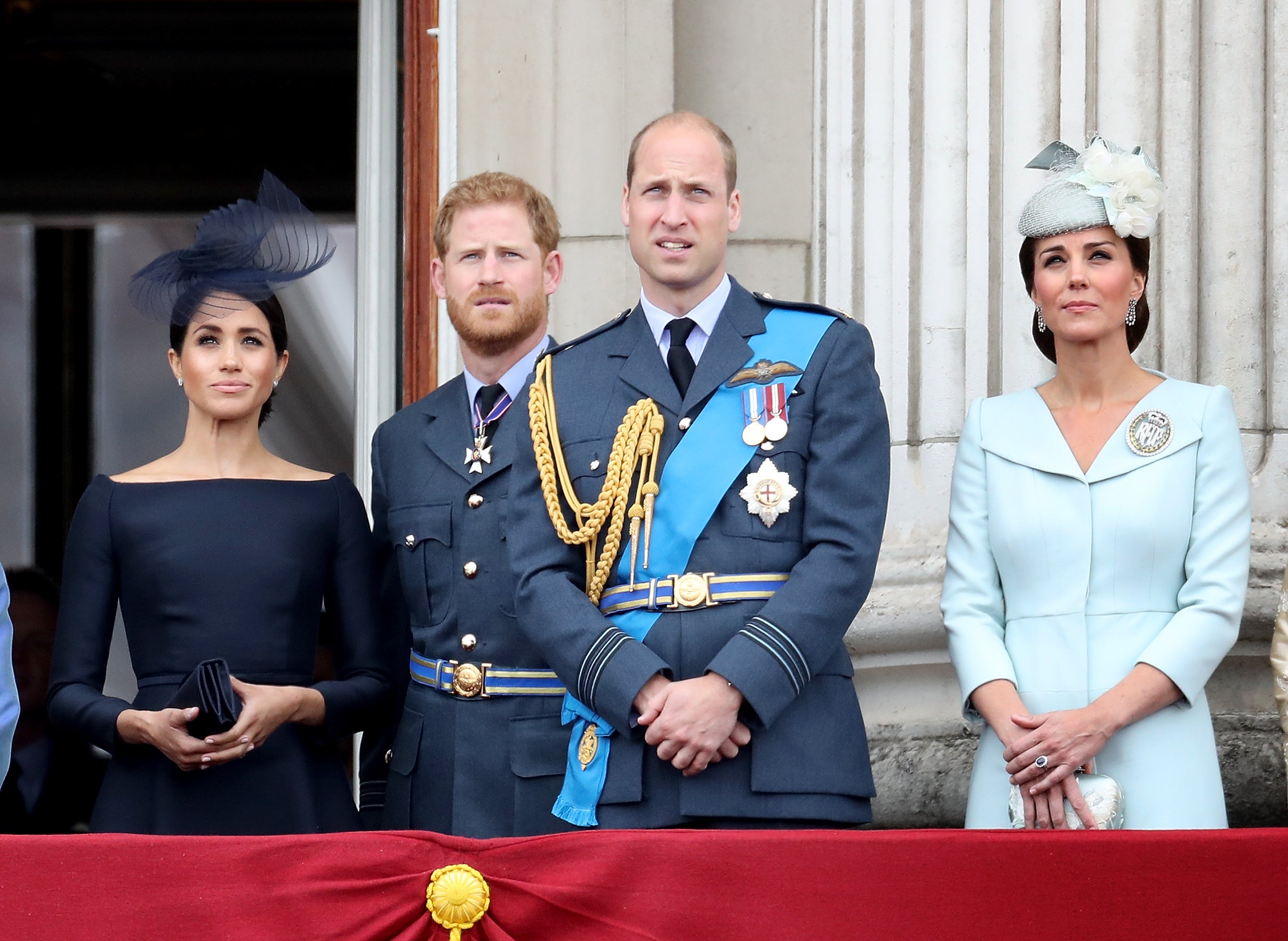The departure of Meghan and Harry will be good for them – and the royal family
Short term it is damaging for both; long term it is probably better, writes Hamish McRae


The rift between Meghan and Harry and the rest of the royal family may turn out to be good news for both sides, after what currently seems to be an acrimonious break-up. Short term it is damaging for both; long term it is probably better.
You are almost not allowed to say this because such family fissures are inevitably painful. Nothing here should take away from that. We will learn more from the interview with Oprah Winfrey. But step back from the headlines and look at the long-term interests of both sides. The key is the word “service” and the different interpretation of that in the interchange last week.
For the royal family, it means service to the nation in the traditional way: family members work away at civic duties, not only in the UK but around the world in the commonwealth. For the American team of Meghan and Harry it means making the right noises on subjects such as the environment and supporting the right causes that the Hollywood elite endorses.
Prince William is reported to have been saddened and shocked at the behaviour of Meghan and Harry towards the Queen. But for all the alleged anger, this could actually work well for both sides.
This is a family story but also a commercial one. Think of the monarchy as a family business, a very unusual one but a business nonetheless. It is one of the great global brands, as Netflix has demonstrated with the success ofThe Crown.
The monarchy is the anchor for the brand, but while the UK end of the business can to some extent commercialise the opportunities it gives – think of Duchy Originals – it cannot control how the brand is presented to the world. Its role is service – service to the country and the commonwealth. The Queen has brilliantly carried out that task though, as she privately points out, she did not choose to do that job. The other members of the family work in the business too, sometimes successfully, sometimes less so. I shall come to the problem of underperformance in a moment.
Meghan and Harry are setting up an independent business. But it has to be based on the brand and it therefore has to emphasise the concept of service, hence their “service is universal” retort in the statement they release. The US is a bigger market for this stuff and it makes sense in business terms for there to be an American subsidiary. The US dramatically rejected monarchy in 1776 but many Americans evidently admire the concept or at least are entranced by its trappings.
The problem with all foreign subsidiaries is how tight the control from headquarters should be. Too tight and the business is stifled. Too loose and the subsidiary can get into a lot of trouble. (An example of the former was Tesco’s failure in the US; of the latter the mess BT got into in Italy.)
The Queen wisely has seen that the Sussex enterprise has to be entirely independent – an affiliate, not a subsidiary. It cannot be even loosely controlled; much better for the break to be explicit. That way Meghan has freedom. She understands how the US entertainment industry works and is well advised. A bit of a tussle with the snooty London headquarters is probably a plus for the American audience. This is an opportunity to create a billion dollar business, and the launch with Oprah is perfect. Instead of having to make do with fake royal families, Hollywood has got a real one.
If it works it will be great for Meghan and Harry. It will, however, also be good for the UK royals in that it will humanise the whole concept of royalty. Anything that enhances the reputation of the monarchy must be positive. Anything that contrasts freewheeling Harry with upright William must be good, too.
But suppose if, for whatever reason, the Californian venture does not work – what then? Because it is totally independent, the damage is limited. The popular parallel with what has happened to Harry is the abdication of Edward VIII in 1936. But this is nothing like as serious as that. Harry is not the King and is quite a long way down the pecking order of heirs to the throne.
The parallels are much more explicit with the younger siblings of the monarch or the heir. Princess Margaret had a very difficult time coming to terms with her sister as Queen. Prince Andrew has clearly found his role as Prince Charles’s younger brother a tricky one, and we don’t know how much damage the association with Jeffrey Epstein will end up doing.
Harry remains a prince and will remain a de facto ambassador for the monarchy. In that sense he does remain in service. If the American affiliate does well, as we should all hope it will, he will rightly get his share of credit. If it goes wrong then the damage is limited.
In human terms this cannot be easy, and spare a thought for that. But in business terms it makes huge sense.



Join our commenting forum
Join thought-provoking conversations, follow other Independent readers and see their replies
Comments